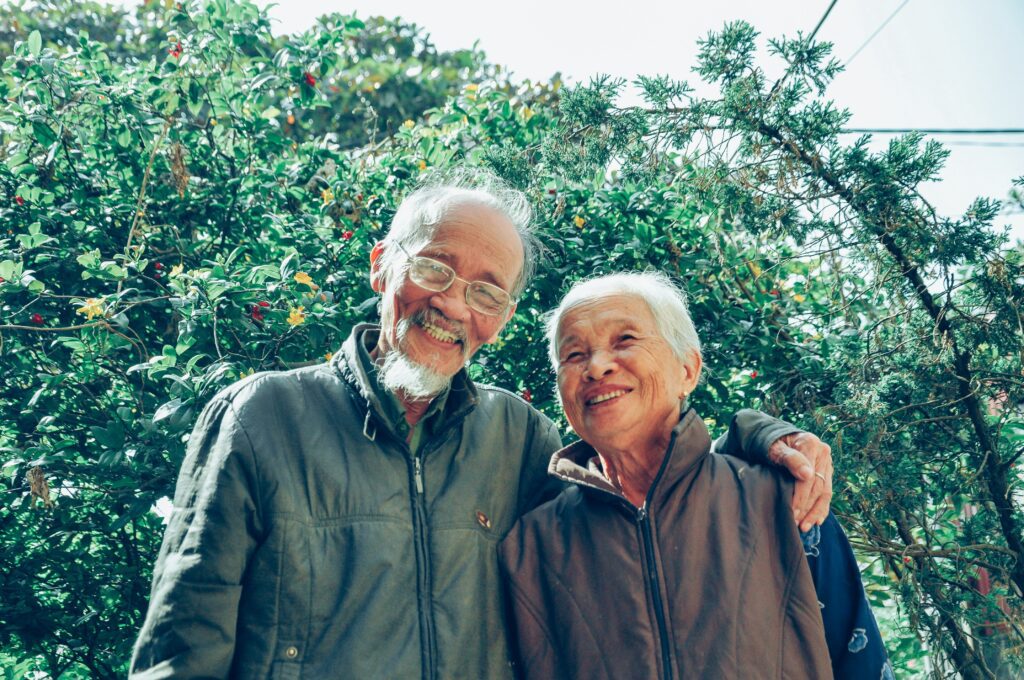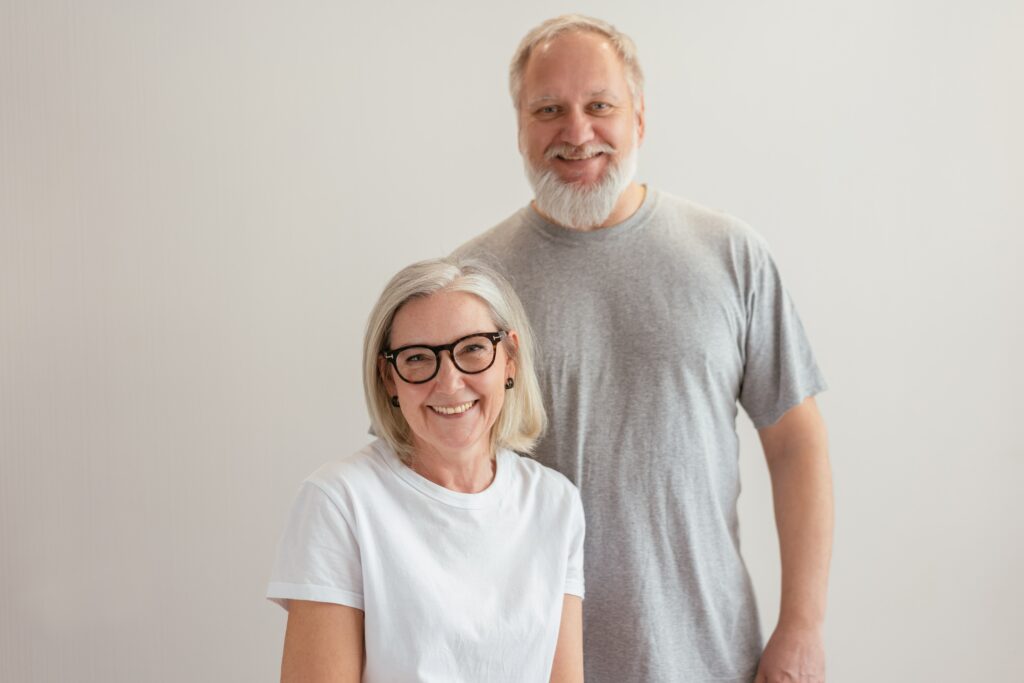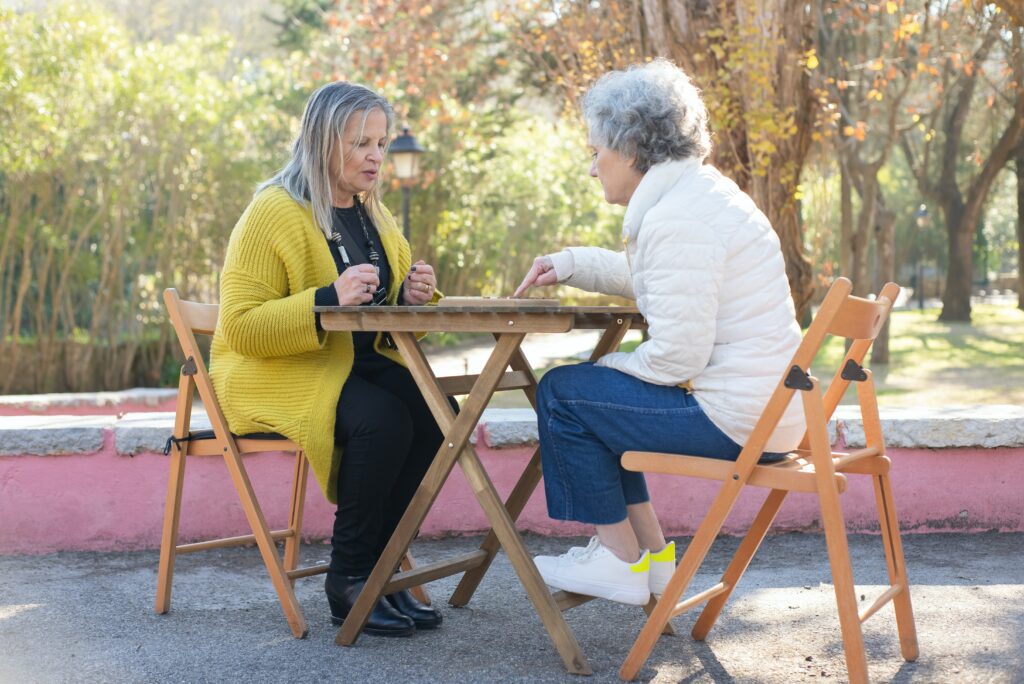Embracing the Journey: What Happens to Your Body in Your 60s and 70s
As we age, our bodies go through a multitude of changes that can be both exciting and challenging. For many people, reaching their 60s and 70s can be a time of reflection, fulfillment, and newfound wisdom.
However, it is also a time when our bodies start to slow down, and we may experience old age challenges that require adjustment and adaptation. We will explore what happens to your body in your 60s and 70s and how you can embrace the journey of aging with grace and acceptance.
Continue reading to learn about some of the physical changes and requirements that often occur after age 70.
Which change is common in the elderly?
What’s happening? With age, bones tend to shrink in size and density, weakening them and making them more susceptible to fracture. You might even become a bit shorter. Muscles generally lose strength, endurance and flexibility — factors that can affect your coordination, stability and balance.
Aging: What to Expect
Your aging process is unique to you. In the process, lifestyle is important. But, certain changes you go through in your 70s are common to everyone because of how your body functions.
All people who live long enough experience these changes, which experts sometimes refer to as “pure aging.“ Although you can’t prevent them, you can be ready if you know what to anticipate.
Physical Changes
One of the most significant changes that occur as we age is a decrease in physical strength and mobility. Our muscles and bones may weaken, making us more susceptible to falls and fractures.
However, regular exercise can help to support our physical health. Engaging in low-impact activities, such as walking, swimming, or yoga, can help to maintain muscle mass and bone density.
Another common change that occurs in our 60s and 70s is a decrease in cardiovascular health. Our risk of developing heart disease increases, and we may need to make lifestyle changes to reduce this risk. Regular exercise, maintaining a healthy diet, and managing stress levels can help to support our cardiovascular health.
Mental and Emotional Changes
As we age, we may experience changes in our mental and emotional health. We may feel a sense of loss as loved ones pass away or we adjust to a new phase of life. However, staying socially engaged and maintaining close relationships with friends and family can help to prevent feelings of loneliness and isolation.
Additionally, some people may experience cognitive and emotional changes, such as memory loss or difficulty with problem-solving. Engaging in mentally stimulating activities, such as puzzles or learning new skills, can help to support cognitive health.
Related Article: How to Help an Aging Loved One Emotionally
Aging-Related Body Changes As You Reach The Age of 70
Growing older is a normal process. Each person must experience this stage of life at their speed. More broadly, aging reflects all the changes that occur throughout life.
One experiences these changes from birth as one matures, grows, and develops. Young people find growing older intriguing. Here are things you must expect with aging.
- Decline in muscle mass: As people age, their muscle mass naturally decreases. By age 70, this decline is often more significant, which can result in a decrease in strength, mobility, and balance.
- Reduced flexibility: The body’s flexibility also decreases with age, which can make it more challenging to move around and perform daily activities.
- Bone density loss: After age 70, people are at higher risk for osteoporosis and fractures due to a loss of bone density. Exercise and a diet high in calcium and vitamin D can help reduce this risk.
- Changes in vision: Age-related vision changes, such as cataracts and macular degeneration, became more common in the 70s. Regular eye exams are essential to detect and treat these conditions.
- Hearing loss: Hearing loss is also common in older adults, and by age 70, many people may need hearing aids to help them hear clearly.
- Digestive issues: The digestive system can become less efficient with age, which can lead to issues such as constipation, indigestion, and other gastrointestinal problems.
- Changes in sleep patterns: Older adults often have more difficulty sleeping and may experience more fragmented sleep than they did when they were younger.
- Increased risk of chronic diseases: As people age, they are at higher risk for chronic diseases such as heart disease, diabetes, and cancer.
Aging-Related Body Changes As You Reach The Age of 60
Turning 60 is a major milestone in anyone’s life. While it is a time of celebration, it is also a time of change, particularly when it comes to your body.
As you reach your sixties, your body goes through a number of changes that can impact your health and well-being. We’ll take a closer look at some of the changes you can expect to experience as you reach the age of 60.
- Changes in vision: As you age, it’s common to experience changes in your vision. Many people over the age of 60 develop cataracts, which can cause cloudiness or blurriness in your vision.
Other conditions, such as age-related macular degeneration, can also affect your vision. It’s important to have regular eye exams to catch and treat any vision problems early on.
- Loss of muscle mass: As you get older, your body naturally loses muscle mass. This can lead to a decrease in strength and flexibility, making it more difficult to perform certain tasks or participate in certain activities.
However, regular exercise can help to preserve muscle mass and keep you active and healthy.
- Joint pain and stiffness: As the years go by, your joints may become more prone to pain and stiffness.
This can be caused by arthritis, which is a common condition among older adults. Staying active and maintaining a healthy weight can help to reduce joint pain and stiffness.
- Decreased metabolism: As you age, your metabolism naturally slows down. This can make it more difficult to maintain a healthy weight and can increase your risk of developing health problems such as diabetes and heart disease.
Eating a healthy diet and getting regular exercise can help to maintain a healthy weight and keep your metabolism functioning properly.
- Changes in sleep patterns: Many older adults experience changes in their sleep patterns, including difficulty falling asleep, waking up frequently during the night, and waking up early in the morning.
This can be caused by a variety of factors, including changes in hormone levels and medical conditions such as sleep apnea. Developing good sleep habits, such as going to bed at the same time each night and avoiding caffeine and alcohol before bedtime, can help to improve your sleep quality.
Must Read: Getting Enough Rest: The Importance of Sleep for Senior Health and Wellness
- Increased risk of chronic health conditions: As you age, your risk of developing chronic health conditions such as heart disease, diabetes, and cancer increases. Maintaining mobility and a healthy lifestyle, including regular exercise and a healthy diet, can help to reduce your risk of developing these conditions.
Ways to continue living life to the fullest and make the most of this new chapter in the 60s and 70s
Ask a million individuals what it means to live life to the fullest, and you could receive multiple varied responses. That could entail travel for some. Others would see it as starting a family. Others could be working to find a solution to a significant societal issue.
All of these definitions share the idea that one’s life is interesting or rewarding if one can find meaning or purpose in what they do or how they spend time. Here are some tips for maximizing this new era at 60 and 70 while continuing to live life to the fullest.
Give yourself some time to do the things you enjoy.
After you reach the age of 60, there are a lot of methods to discover your purpose in life. If you have children, they will be older, and you may have more free time rather than paying attention to insurance.
You are likely to have more time on your hands. Thus, set aside some time for the activities you enjoy, such as trying new meals or enrolling in a class.
Or you’ve wanted to accomplish something for a long time but haven’t got the time. Perhaps you’ve always wanted to become a pilot! Or perhaps you’ve always wished you could sing or play the piano. Never forget that nothing is impossible.
Follow your interests and athletic endeavors.
Maintaining mental and physical activity is good if you want to be active and involved to completely enjoy your life after 50. Being physically active will make you healthier, which promotes mental positivity.
Don’t stop participating in sports and activities because you’re growing older. Maintaining your involvement in your favorite activities and sports has the added benefit of keeping you open to fantastic new encounters—and people.
Participate in your neighborhood.
When you participate actively in your neighborhood or local region, you frequently have the opportunity to assist others by imparting your experience and expertise to them.
At the same time, you’ll probably meet some new people who are over fifty and be able to talk to them about your life experiences. They can impart their expertise to you; you might all decipher the meaning.
Embracing the Journey
Embracing the journey of aging requires a willingness to accept and adapt to the changes that come with this phase of life. It is essential to focus on self-care and prioritize healthy habits, such as regular exercise, maintaining a healthy diet, and getting enough sleep.
Furthermore, it is essential to maintain social connections and cultivate new relationships. Joining clubs, volunteering, or taking classes can help to meet new people and foster a sense of community.
It is also important to maintain a positive mindset and a sense of gratitude. Focusing on the joys and blessings in life can help to foster resilience and an appreciation for each new day.
Bottomline
In conclusion, embracing the journey of aging in our 60s and 70s can be a fulfilling and meaningful experience, despite the physical changes that come with it. While there are certain age-related changes in our body, such as decreased muscle mass, bone density, and cognitive function, there are also ways to mitigate these effects of aging through healthy lifestyle choices.
Overall, “Embracing the Journey: What Happens to Your Body in Your 60s and 70s” serves as a reminder that aging is a natural part of life, and that with the right mindset and approach, it can be a time of growth, self-discovery, and joy.






